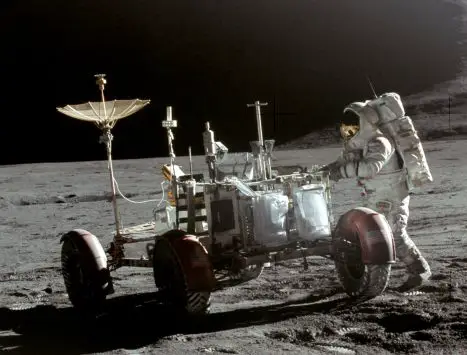
If you have been searching for an answer to why space missions take so long, then check out the following reasons that delay all types of space missions to outer planets or moon.
Large planetary distances in space
Have you ever noticed the large distances between planets and between planets and the Sun? If you have not noticed it, then look at a solar system map that depicts these large planetary distances. You will get to observe that each planet is millions of miles away from every other planet and the Sun too. Although the planetary distance is lesser for inner planets that are close to the Sun, it keeps on increasing as you move toward outer planets. For example, you may observe that our planet Earth is about 93 million miles away from the Sun and is about 28 million miles away from its nearest planet that is Venus. After knowing this, you may yourself estimate the time it will take to travel to Venus from Earth.
Different rates of revolution
When we talk about distances between planets, we usually calculate the distance with an assumption that both the planets are lined up, while this is not the case in reality. Every planet revolves around the Sun at a different rate, and thus, planets are not lined up. This fact makes the planetary distances even larger. Thus, it takes a very long time to complete space missions in reality.
Unavailability of fast-moving rockets
The speed of a rocket is generally dependent on the quantity of fuel it has and the thrust it receives. This determines how fast a rocket will move into space. Somehow, we do not have rockets that are highly efficient in terms of speed. Thus, they take longer than expected to complete a mission.
Other obstructions
When going into space, a rocket has to follow particular planetary orbits and needs to go against gravity and other forces. This slows down its movement that further obstructs its faster completion of a space mission.